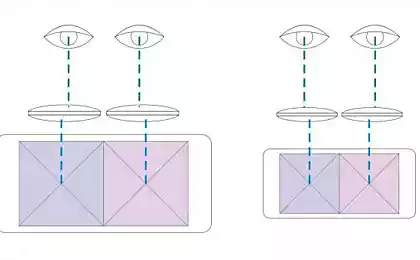515
Research — touchscreen deforms the brain

Smartphones are so deeply rooted in our lives that changed the form and function of our brain. This is evidenced by the results of Swiss scientists.
Experts found that people who daily use touchscreen phones have increased somatosensory cortex – the area in the center of the brain that controls the movement of the fingers. The study showed that the more time a person "uses" your smartphone, the greater the relationship between his brain and limbs.
Neurologists at the University of Zurich in Switzerland studied the effect of mobile phone on human health, they say that obsession with their own mobile gadget leads to deformation of the brain. The ability of the human brain to adapt to the new conditions leads to the fact that these changes lead to chronic pain and movement disorders.
It is noticed that smartphones make their owners do unusual man with his arms. We not only find a new use for your fingers, but also use them in an unusual way for hours, days and sometimes nights on end.

The Swiss group of researchers within ten days observed 37 volunteers, 27 of whom used the touchscreen, and the remaining 11 traditional phones with physical buttons.
The analysis of brain waves showed physiological changes in the somatosensory cortex of the brain in users of modern touchscreen devices. The greatest effect was observed in those who most often used a smartphone.
Scientists say that unlike the physical buttons work with the touchscreen associated with more complex movements of the fingers. Quick touch the screen make the brain work harder.
Similar changes are observed in musicians. The violins, for example, the brain region associated with the fingers is much larger than people of other professions.
Such changes in the brain can have both positive (increased sensitivity and fast communication between hands and brain) and negative side (the heavy use of smartphone may cause harm).
Researchers warn that a change in the shape of the somatosensory area can cause pain, cramps and fatigue of the body. These changes are characterized as "maladaptive".
Scientists plan to conduct additional research to identify other effects from the use of touch devices.
Source: hi-news.ru
In Singapore, there will be a network of driverless taxis
Wish fulfillment: how to set Your mind and heart























